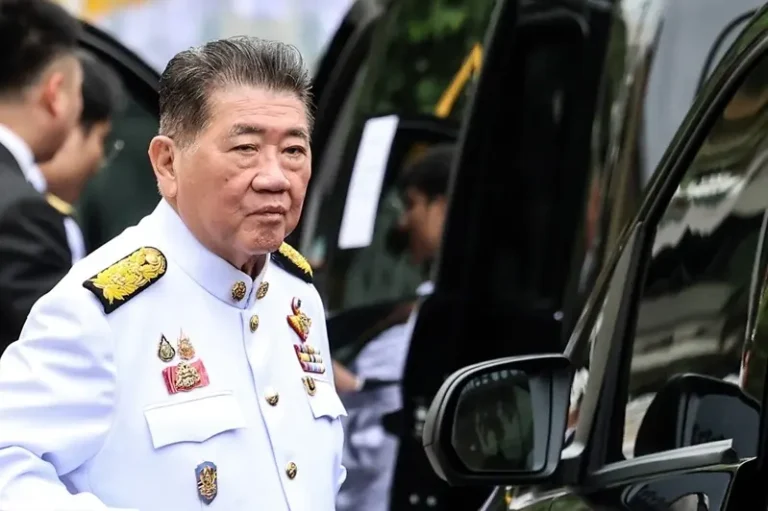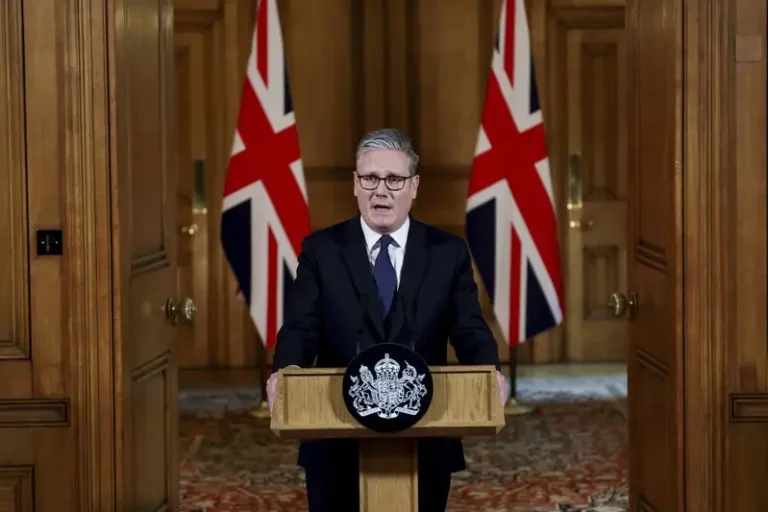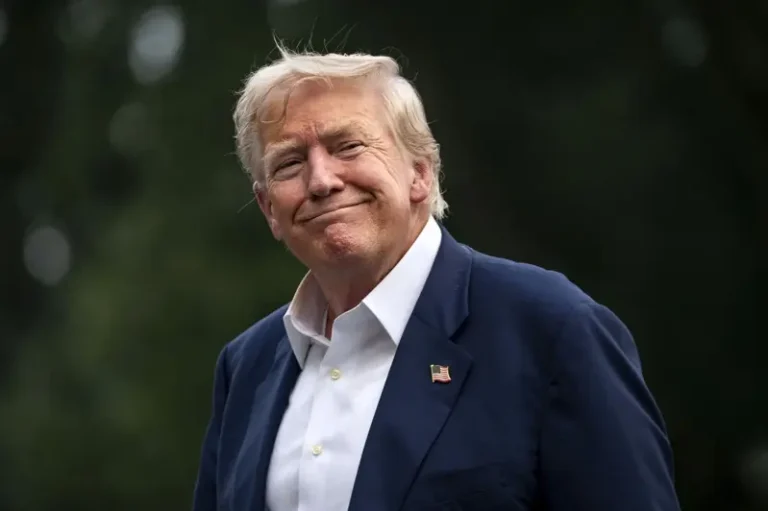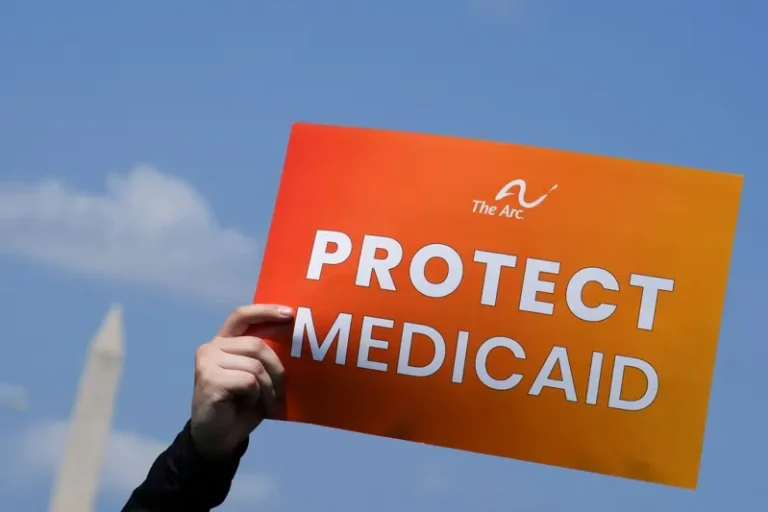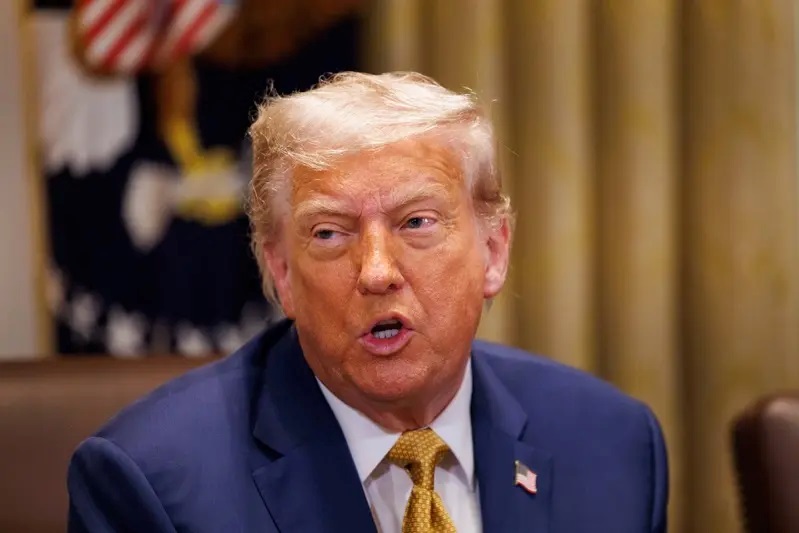
The Financial Times reported on the 12th that the Pentagon is asking Japan and Australia to state what role they will play if a war breaks out between the United States and China over the Taiwan issue. This move has caused dissatisfaction among the two most important allies of the United States in the Indo-Pacific region.
Reuters reported that the Financial Times quoted people familiar with the matter as saying that Elbridge Colby, the US Under Secretary of Defense for Policy, has been pushing this issue in recent talks with defense officials from Japan and Australia.
According to the Financial Times, this request caught both Tokyo and Canberra off guard because the United States itself has not promised to unconditionally defend Taiwan. Reuters was unable to verify the content of this report. The US Department of Defense did not immediately respond to a request for comment.
Although the United States does not have formal diplomatic relations with Taiwan, it remains Taiwan’s most important arms supplier. As Beijing attempts to strengthen its sovereignty claims over Taiwan, Taiwan faces increasing military pressure from China, including several rounds of military exercises. Taiwan rejects China’s sovereignty claims.
Corbage served as deputy assistant secretary of defense for strategy and military development during U.S. President Donald Trump’s first term. He is known for advocating that the U.S. military should prioritize strategic competition with China and shift its focus away from the Middle East and Europe.
“It is difficult to answer the hypothetical question of ‘something happens in Taiwan,'” the Japanese Ministry of Defense said. The Ministry of Defense said any response would be “determined on a case-by-case basis, in accordance with the constitution, international law, and domestic laws and regulations.”
The Australian Embassy in the United States declined to comment.
Zack Cooper, an Asian affairs expert at the American Enterprise Institute, said that Washington has always used a “strategic ambiguity” policy to deal with the Taiwan issue, avoiding making a clear commitment on whether to send troops. Now that the United States has not made a statement, it seems illogical to ask its allies to make a clear commitment on whether to send troops.
In addition, Japanese Prime Minister Shigeru Ishiba mentioned this week that Japan “must work hard to get rid of” its dependence on the United States in the fields of security and energy. In response, U.S. Secretary of State Marco Rubio downplayed concerns about U.S.-Japan relations, saying “there are no dramas or disagreements.”
Reuters reported that Rubio also told the media on the 11th that he disagreed with reports that the United States put pressure on Japan to significantly increase its defense spending (Japan calls it defense spending). He argued that Washington is “encouraging” Tokyo authorities to invest in specific capabilities, which is not the same as “requiring.” Rubio told the media after attending a regional meeting in Malaysia, “This has little to do with how much money they invest, but what specific actions they can take.”

